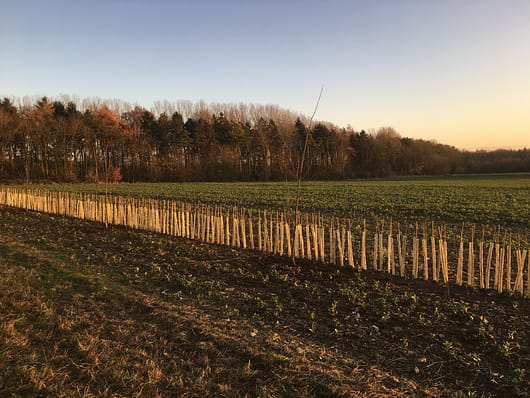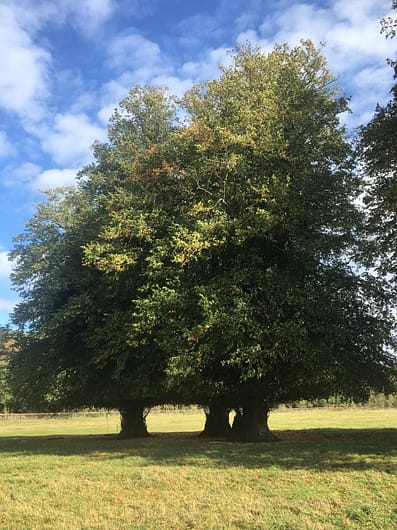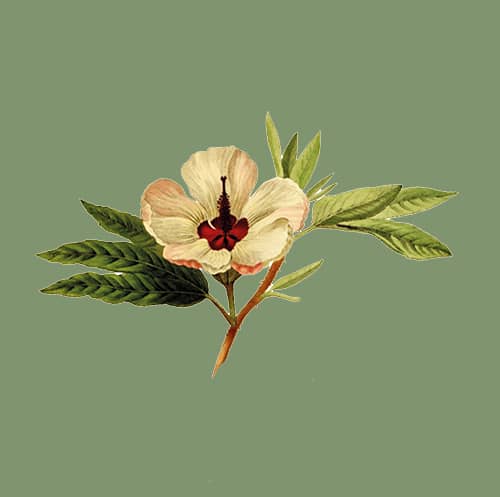The image we get when picturing a quintessentially English country garden is anything but. With the abundance of plant species available to us from every corner of the globe it’s hardly surprising that our gardens are full of exotic flora; agapanthus from Africa, gaura from North America and magnolia from China, our gardens are a melting pot of the world’s most eye catching flora.
From as long ago as the 15th century plant hunters have travelled the world, risking their lives to collect the seeds of beautiful and exotic species, to bring back to the UK for private collectors as well as scientists, and by the end of the 19th century commercial nurseries. For this we are eternally grateful, but what about our native plants? We’ve been taking a look at why it’s so important to champion the native plants that have evolved in the UK.
Native plants are those that haven’t been introduced by us, that occur naturally in the UK and that therefore survive well without human intervention. We have a vast array of native species in the UK varying from the great oak to the perfectly formed primrose. Did you know that every county has it’s own native plant association?
The benefits of growing native trees, hedging and plants in our gardens is becoming more and more apparent as we opt for meticulous, modern gardens with lush lawns and farms grow more intensively, removing woodlands and hedgerows to accommodate larger machinery.

Plants are home to a huge number of animals, birds, insects and invertebrates who are essential to sustaining ecological balance in our environment. Invertebrates are particularly important and it’s been found that exotic plants support approximately 20% fewer invertebrates than native species. This is in part due to specialisation, where certain invertebrates can only eat plants that they have co-evolved with. You can keep your garden brimming with these essential creatures by letting your beds fill out, giving them the maximum foliage cover and by trying to turn a blind eye to the odd bite mark in your favourite blooms and, of course, by planting native species!

Native plants have evolved over time for their survival making them on the whole a low maintenance choice for gardeners because they’ve naturally adapted to the soil conditions and climate found in the UK. They also help to conserve water as the majority of native varieties are drought resistant which will mean you won’t need to be out in your garden with your sprinklers and watering cans so often in the summer.
Not only do native species have many benefits to our environment they also preserve the much loved character of the British countryside as we know it. Providing essential food and shelter for our native insects, birds, butterflies and wildlife, many of which are currently in decline. When planning new planting the environmentally conscious choice is to pick predominantly native species, though that not to say that a sprinkling of exotic stunners wouldn’t go amiss. Plants such as trachelospermum jasminoides, roses and penstemons have become synonymous with the English garden and we’d certainly miss the colour and scent they bring to the planting palette.

Thinking of returning your garden to a more natural habitat with truly native plants? We design with the environment in mind, carefully sourcing and planting soft-landscaping schemes with the future in mind. Talk to us about transforming your green environment.


